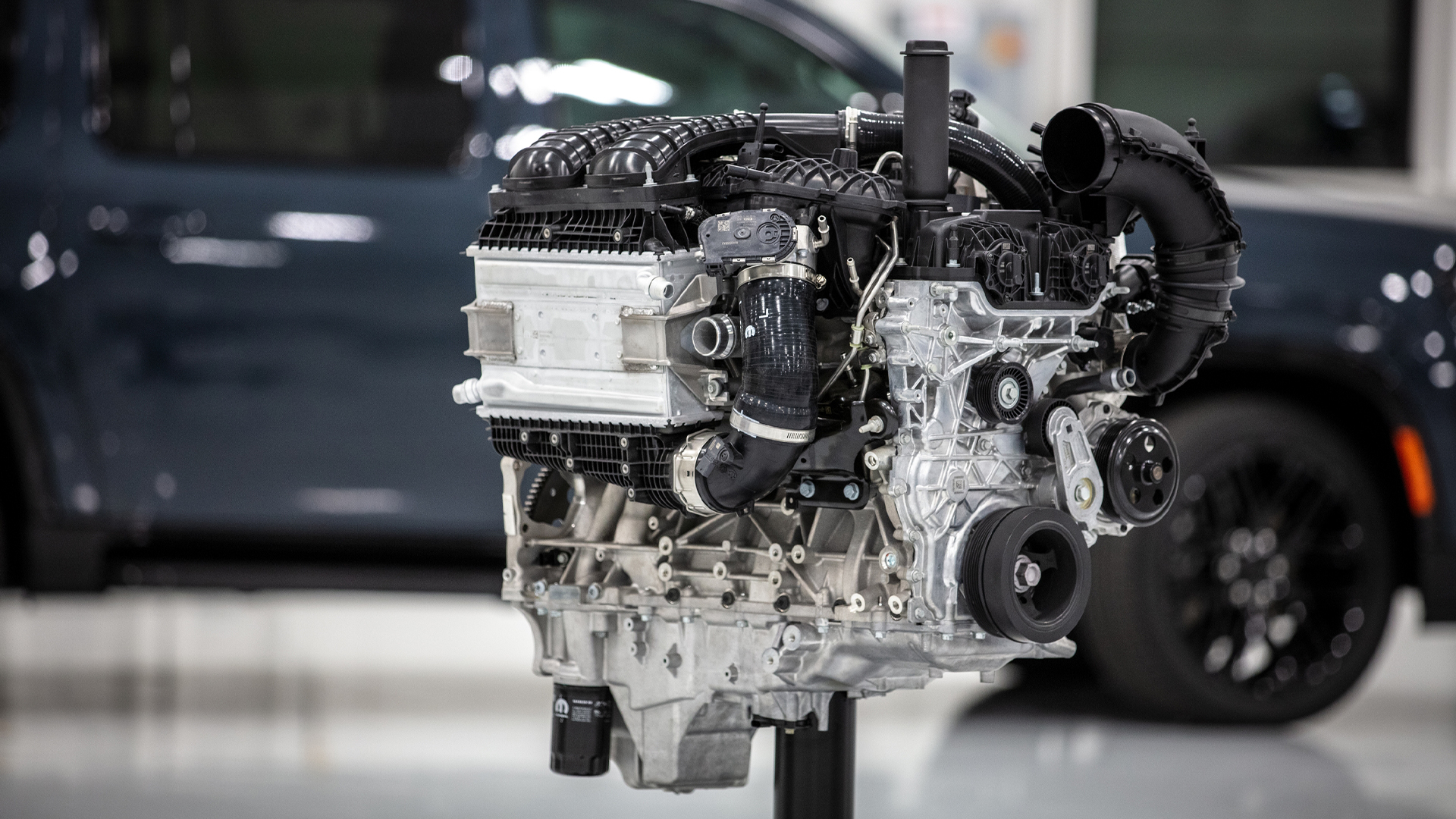

Electric cars may be the future, but some automakers are clawing to keep the combustion engine alive at nearly any cost. One such option is synthetic fuels, which is an exemption to the upcoming European ban on combustion engines slated for 2035. Stellantis is the latest automaker to explore synthetic fuels, also called e-fuels, in its vehicles.
On Thursday, the automaker announced that it had begun testing e-fuels in 28 different engine families across its brands. The goal is to help accelerate the potential reduction in carbon emissions through synthetic fuels, which are made by recapturing carbon emissions already present in the atmosphere and processing it into a fuel source with renewable energy.

Across its 14 brands, Stellantis has built around 28 million motors across the various engine families it is testing with synthetic fuels. In fact, some of these powerplants can be found in vehicles placed in service as far back as 2014. Its most recent tests, which are in the finalization stage for gasoline- and diesel-powered engines, are meant to gauge important details like power, reliability, and (of course) tailpipe emissions.
The automaker says that by investing in e-fuels, it is potentially ensuring that customers with an existing ICE-powered vehicle will have an affordable, drop-in option to “decarbonize” their vehicles without having to upgrade the fuel system, worry about the EV charging infrastructure, or replace their existing vehicle with a new or used electric car.
Stellantis is already aiming to only sell battery electric cars across all of its brands by the end of the decade. The brand’s CEO Carlos Tavares really doesn’t like that idea, and while he has committed to bringing the company’s brands in compliance with worldwide regulations, he is doing so kicking and screaming. One could even view the company’s investment into e-fuels as another soft-handed blow toward regulators pushing for full electrification, especially given that recent EU regulations specifically exempted synthetic fuels from its upcoming combustion engine ban.
Still, that won’t affect the company’s commitment towards full mass-market electrification by the top of the decade.
“While we remain steadfast in executing our aggressive electrification strategy, we must also find smart alternatives to address the CO2 emissions for the 1.3 billion existing ICE cars,” Tavares said. “By working to make sure our Stellantis engines are eFuels friendly, we are aiming at giving our customers another tool in the fight against global warming and one that can have an almost immediate impact.”
The prospect of e-fuels has been fairly polarizing across the auto industry. Thomas Schafer, CEO of Volkswagen Passenger Cars, recently called e-fuels “unnecessary noise” and “old technology,” noting that it was pointless to spend a fortune on tech that would not give any forward-looking benefit to the automaker. Meanwhile, Oliver Blume, CEO of sister brand Porsche, has been a large proponent of e-fuels. Blume greenlit a $75 million investment in the tech just last year, which feels much more on-brand for Porsche given the brand’s value in its historic driver-focused cars.
Got a tip or question for the author? Contact them directly: rob@thedrive.com